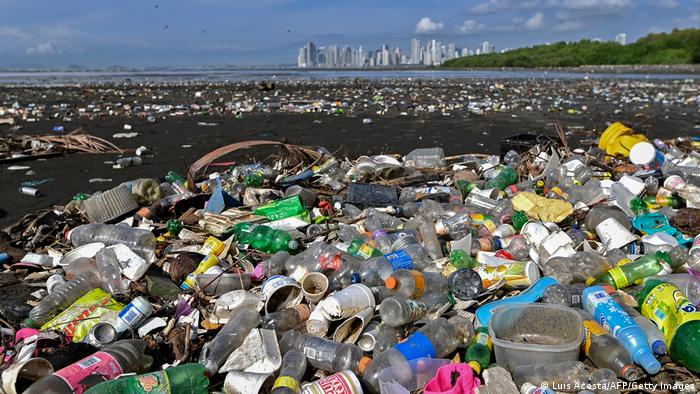Despite a decrease in the number of deaths due to domestic pollution, the number of deaths due to industrial pollution has increased by one and a half times.
About 9 million people die each year from air, soil and water pollution, according to a study on global mortality and pollution published in The Lancet Planetary Health on Tuesday, May 17.
The researchers call pollution the world’s largest environmental risk factor for disease and premature death. It causes one in six deaths worldwide each year, scientists calculate. In addition, due to various forms of pollution, the world economy lost $4.6 trillion (6.2% of global GDP) in 2015.
Deaths due to air pollution are on the rise
While deaths from domestic pollution related to poverty have decreased, deaths from air deterioration and pollution by toxic chemicals such as lead have increased markedly, the scientists write.
Air pollution claims more than 6.5 million lives each year, with lead and other chemicals causing 1.8 million deaths each year, scientists calculated. That figure has risen 7 percent since 2015 and more than 66 percent since 2000.
This is primarily due to the effects of uncontrolled industrialization and urbanization. The researchers also cited population growth, the burning of fossil fuels, and the lack of “adequate national and international policies on chemicals” as reasons for the increase in environmental pollution deaths. The vast majority of pollution-related deaths – 90 percent – occur in low- and middle-income countries, the study noted.
“Pollution poses an existential threat to human and planetary health and threatens the sustainability of modern society,” the scientists conclude. “We are sitting in a cauldron and slowly burning out,” wrote study co-author and head of global nonprofit Pure Earth Richard Fuller.
Deaths from traditional pollutants are declining
In their analysis, the scientists separated traditional pollutants, such as household emissions or sewage, from modern industrial pollutants. Although deaths from traditional pollutants are declining worldwide, they remain a serious problem in Africa, the study says.
Chad, the Central African Republic, and Niger are the countries that die the most from water and soil pollution. In Ethiopia and Nigeria, the death rate dropped by a third between 2000 and 2019.
The authors of the study made eight recommendations to reduce deaths from environmental pollution, stressing the need for better monitoring, better reporting, and stricter government regulation of industry and road transportation. “We absolutely know how to solve each of these problems. What’s missing is political will,” Fuller writes.

No responses yet